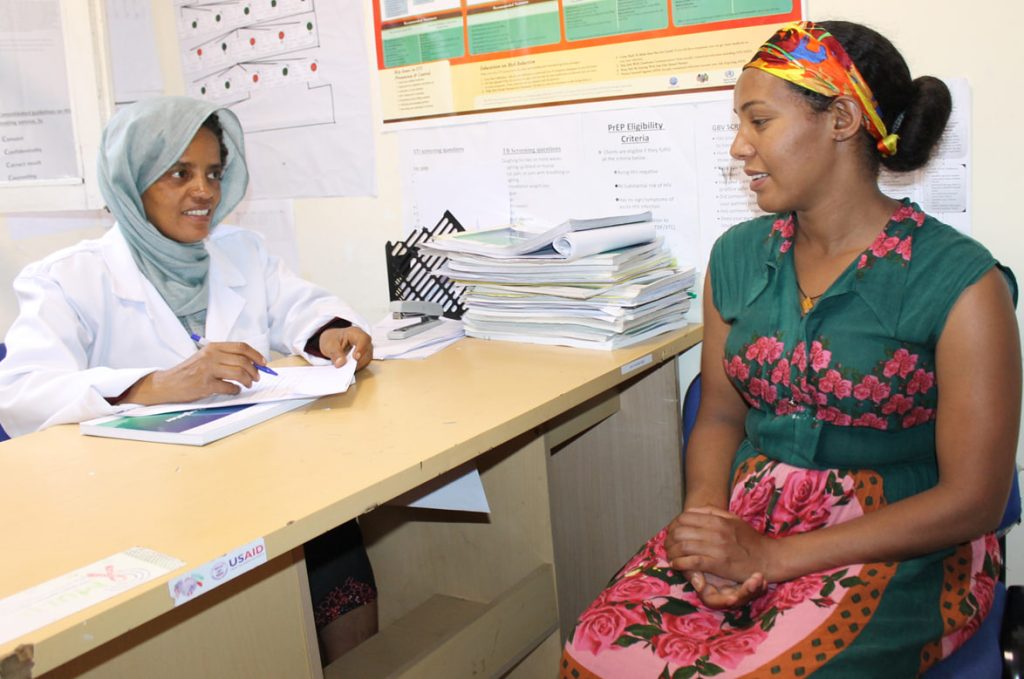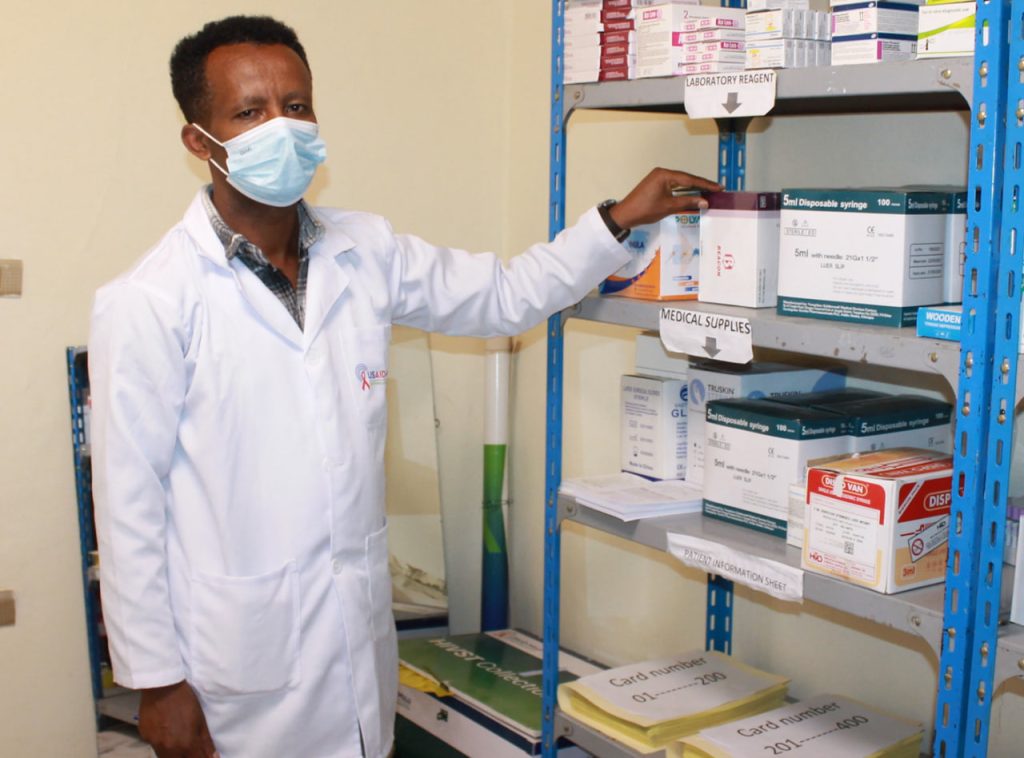Introduction
MULU Key population activity has been implemented starting from 2013 with the name MULU HIV Prevention project funded by USAID through PSI-E. it was implemented at South region Amhara Region and Addis Ababa Ethiopia previously then currently at Addis Ababa Ethiopia at four sub cities namely Addis ketema Abinet, Arada, Bole and Nefas silk lafto by targeting female sex workers (FSW) and priority populations (PP), including FSW; their biological children; high-risk men, including FSW’ paying and non-paying sexual partners; women who engage in transactional sex; and at-risk out-of-school adolescent girls and young women (AGYW) who are not in the FSW cohorts.
The Activity provides integrated HIV and other clinical services through its network of client-friendly Drop-In Centers and outreach teams, including HIV testing services, ART and pre-exposure prophylaxis, short term family planning, screening, and treatment of sexually transmitted infections (STI), tuberculosis (TB) screening and referral, GBV prevention, screening and referral, and cervical cancer screening and treatment. There are 4 Drop-in Centers at four sub cities.


Key Achievements in FY23
The Project has tested 24,308 FSWs, their clients and children as well as other high-risk individuals and identified 777 new HIV positives from these 3521 tests was done through ICT and 375 Positives identified. 2307 HIV self-tests have been conducted through both assisted and unassisted HIVST. In addition, over 1638 new PrEP users and 644 ART clients have received services at our DICs.
General Objective of the Project: to contribute to the national target of reducing new infections by 60 % (which was 0.05 % to 0.03 %, EPHIA HIV Impact Assessment 2017-2018) through provision of a range of standard combination prevention services to 37,016 FSW and priority population in surrounding hotspot areas in Addis ketema, Bole, Arada and NSL by 2025
Specific Objective:
- Access for HIV prevention information, services and commodities (Like condoms, HTC, FP and STI syndrome kits) for 37,016 FSW and other priority population in Addis ketema, Bole and Arada will increase by 90% by 2025.
- HIV prevention capacities and networking skills of 37,016 FSW and other priority population who are directly or indirectly involved in this project will be strengthened by 2025.
- Stigma and discrimination against 4,248 FSWs tested HIV-positive will be reduced through the establishment of posttest clubs by 2025.
- To empower 1,659 FSW by involving them in economic strengthening program and providing Basic Business Skill training and startup capital by linking them with MFI & SSE by 2025.
Type of Beneficiaries: Key Population (Female sex workers) and Other Priority Populations like High-Risk Men: Adolescent girls and Youth women, positive FSWs & etc.)
Number of beneficiaries: Direct – Male 20,424 Female 16,593 Total 37,017
Indirect – Male 40,848 Female 33,186 Total 74,034
Area of Operation: “hotspots” in each 4 Sub city of Addis Ababa,
- Addis katama Woreda 1, 2, 3, 4, 5, 6, 7, 8, 9, 10, 11, 12, 13 & 14
- Bole Woreda 1, 2, 3, 4, 5, 6, 7, 11, 12, 13, & 14
- Arada Woreda 1, 2, 3, 4, 5, 6, 7 & 8
- NSL Woreda 1, 2, 3, 4, 5, 6, 7, 8, 9, 10, 11 and 12
Strategies:
- Availing the behavioral change program (Through O2O and SGS) for FSW, HRM and AGYW
- Ensuring integrated clinical service for target groups through different modalities (ICT, SNS, Other & VCT) at Community and DIC level
- Strengthen structure to reduce vulnerability (establish and strengthen DIC at different hot spots.
Key Activities
- Strengthen DICs in Four sub cities of Addis Ababa
- Establish peer Education programs
- Conduct outreach –Mobile HCT and STI services
- Orientation workshop for key stakeholders and Bar Owners
- Distribution of IE-BCC Materials
- Conduct regular meeting with TWG, bar owners and peer educators